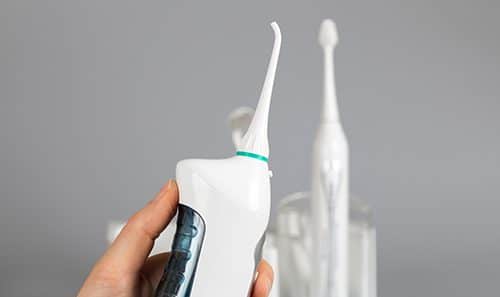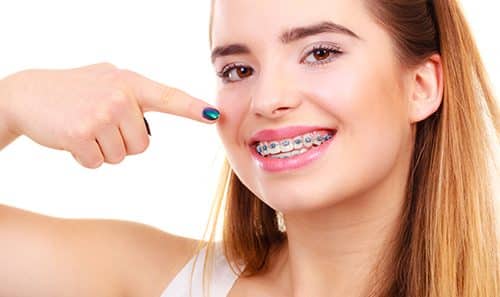
What is a palatal expander?
If Dr. Nicola Crichigno and our team at Crichigno Orthodontics have recommended a palatal expander, you…

Can I use mouthwash instead of flossing?
While mouthwash goes a long way in improving your oral care, it is not a substitute…

Braces Repairs—Should You Try This at Home?
No matter how careful you are, accidents can happen. Perhaps it’s a slice of apple that…

Forget Something? It’s on the Tip of Your Tongue!
Let’s see… Toothbrush? Check. Fluoride toothpaste? Check. Floss? Check. Two minutes of thorough brushing? Check. Careful…

Water Flossers and Braces
You devote a lot of energy to your orthodontic treatment. Appointments, rubber bands, adjustments, cleaning (so…

Hot Day? Three Drinks to Leave Home When You’re Packing the Cooler
Whew! It’s a hot one! And whenever the temperature soars, you need to stay hydrated, especially…

Fantastic Elastics
If you already wear traditional braces, you know all about these helpful little rubber rings. But…

Orthodontic Treatment through the Internet
You can learn just about anything on the Internet these days. You can also order just…

Overbite or Overjet?
The words “overbite” and “overjet” certainly sound similar. Both conditions concern your front teeth. Both conditions…

How does wisdom tooth removal affect orthodontic care?
The purpose of braces and other forms of orthodontic treatment at Crichigno Orthodontics is to correct…


